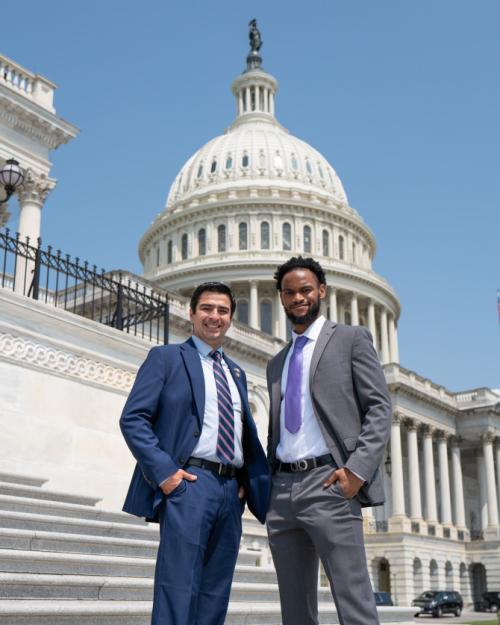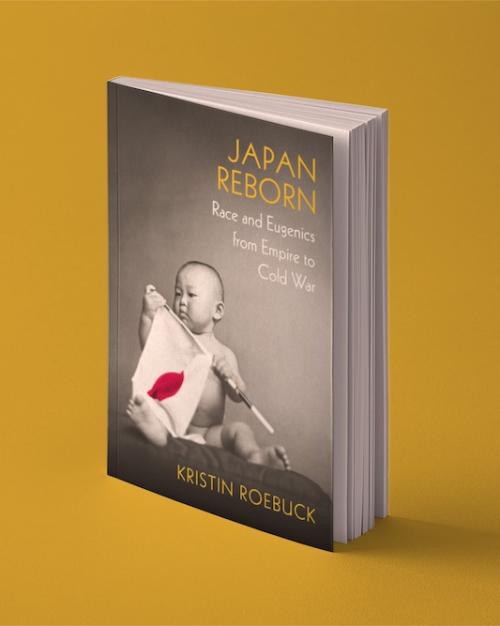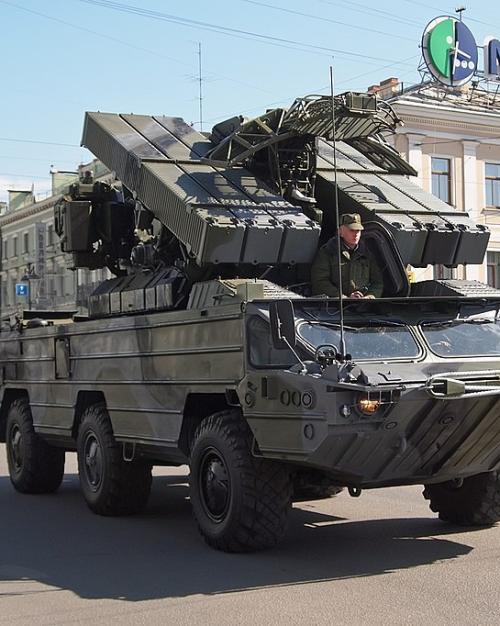As casualties mount in the war waged by Russia against Ukraine, including from the bombing of a maternity hospital in Mariupol on Wednesday, leaders in the U.S. and Europe are forced to consider the scale of Russia’s aggression and whether it constitutes war crimes.
Oumar Ba, assistant professor of government at Cornell University, studies the international criminal justice system and is author of the book “States of Justice: The Politics of the International Criminal Court.”
Ba says: “The prosecutor of the International Criminal Court is currently investigating atrocity crimes committed in Ukraine since the beginning of the Euromaidan protests in 2013. This investigation will also cover war crimes and crimes against humanity committed in Ukraine in the context of Russia’s invasion.
“Although technically Putin and other Russian officials could someday face justice in The Hague, history and the legacy of the ICC tells us that it is very unlikely. The current investigation does not include the crime of aggression, because of the relentless efforts of great powers – including the United States – to tie the court’s hands and shield themselves from facing prosecution for the crime of aggression.
“There have been calls to create a special tribunal with limited scope for the purpose of prosecuting Russian officials for the crime aggression. Beyond the problematic nature of such calls, there is a sense of tribunal fatigue in the international community that makes these demands unlikely to materialize. In any case, the pace of international criminal justice is extremely slow, its deterrent effect is contested, and international courts are not very effective tools for conflict resolution.”
For media inquiries contact Rachel Rhodes, cell: 585-732-1877, rer252@cornell.edu.
Image by Andrew/Wikimedia Commons, Creative Commons license 3.0




